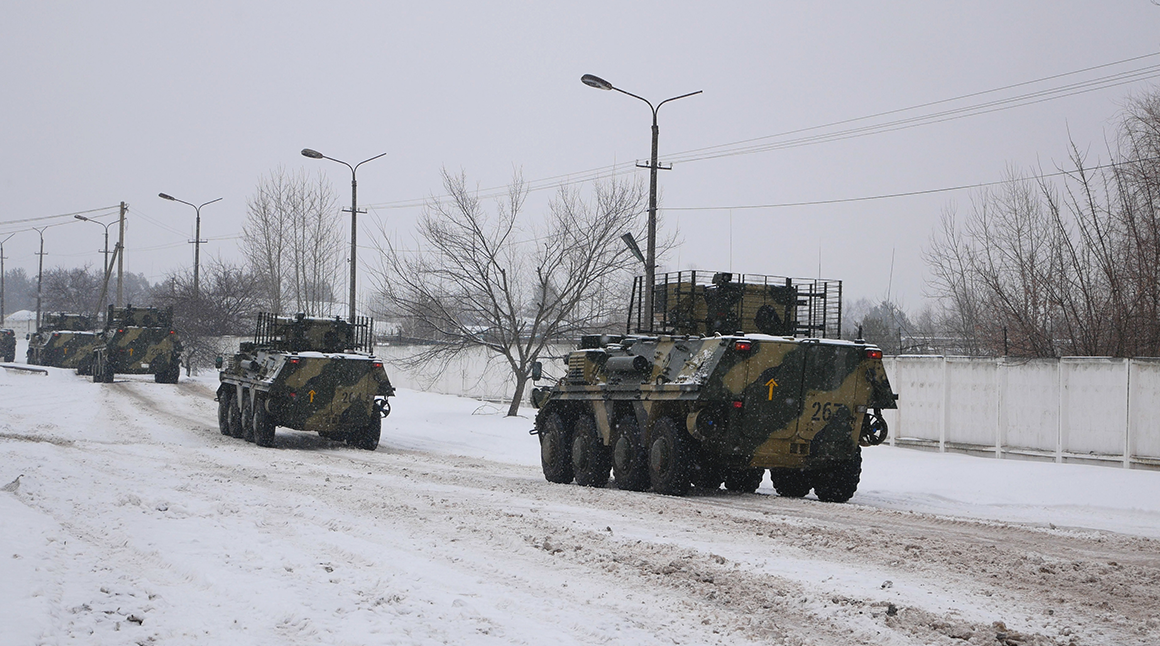Speak to an Expert
admin@eumediation.net
Posted on: February 20th, 2023

The 24th February this year will mark the first anniversary of Russia’s invasion of Ukraine. Met by fierce Ukrainian resistance, dozens of missile attacks were launched across Eastern and Western Ukraine early that morning, and Russian troops advanced from several directions onto Ukrainian soil.
The Ukrainian leadership had declined to enter into an agreement with Russia that would involve denouncing their intentions to join NATO, saying that Russia could not be trusted in any such deal. Nevertheless, Russia’s spokespersons had, right up until the day before the invasion, still denied any plans to invade. Now Russia had effectively declared war.
As the war has progressed, Vladimir Putin has undoubtedly been surprised by the extent of resistance and opposition he has encountered. Buttressed by NATO and led by the indomitable Volodymyr Zelenskyy, Ukraine has repeatedly and forcefully pushed back the invaders, while Putin’s rhetoric, threats, and revenge for Ukrainian resistance have increased week by week.
We are of course horrified by developments, and by how long and devastating Putin’s campaign has been. As conflict resolvers ourselves, we are also of course fascinated to see how Putin, manoeuvred into a corner, is acting with increasing desperation in both his propaganda and his battlefield tactics.
As with many conflicts, he now seems to be in a position where not only would he find it hard to win this war, but actually he would also struggle to find a way to end it, win or lose. How could he possibly back down? So often we see that people in conflict have either drawn it out for so long - spent so much on legal fees, or staked their reputation on a ‘win’ - that their need to avoid caving in drives them to more and more desperate measures and usually getting in even deeper.
Also, how crucial it has become that he maintains his domestic support: although our view of what happens on the streets of Russia is severely obscured by censorship and misinformation, it is still plain to see that Putin’s propaganda machine is having to work flat out to ensure that his own populace do not turn on him and become his greatest opposition. He needs to keep up his story that he is ‘de-nazifying’ Ukraine and protecting Russian speakers from oppression, and he needs to keep people believing that. Again, how frequently we see that people’s bullishness or determination to win builds to a peak often up until their supporters, or sometimes their advisers, begin to turn away from them or to disbelieve their propaganda. It again becomes a matter of that person saving face or of considering how the odds would change against them if they were to become isolated, politically, financially, or morally.
Putin clearly has such a personal investment in both saving face and in maintaining the de-nazification and anti-oppression narrative that, unless he can find an alternative route out of what he has started, he may yet resort to ramping up the violence, even to the nuclear level. It would be trite to say that mediation would solve everything, given the complete lack of trust and good faith between Zelenskyy and Putin. Timing is always crucial in facilitating agreement between parties who have invested so much, and the time to negotiate, even if there ever was such a time, is certainly not now. Given that every major conflict in recent history has ultimately been settled by negotiation, we can only hope that time might be yet to come.